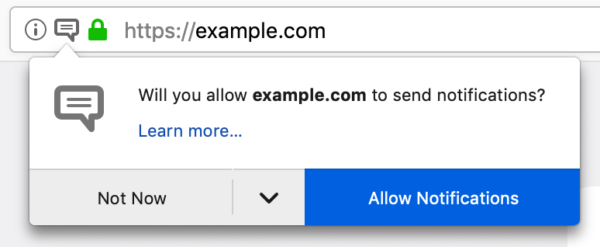The High Court of Paris has ordered several of the largest French ISPs to block access to the pirate libraries LibGen and Sci-Hub. The decision is a setback for the sites that have come under increasing pressure, but Sci-Hub founder Alexandra Elbakyan believes that determined researchers are smart enough to find an alternative route to her site.

By offering free access to millions of ‘paywalled’ research papers,
Sci-Hub is often described as “The Pirate Bay of Science”.
The site is used by researchers from all over the world, to access papers they otherwise have a hard time accessing.
Academic publishers are not happy with the service. They see the site as a threat to their multi-billion dollar businesses and have tried to shut it down through several lawsuits.
While Sci-Hub lost its US court battles against Elsevier and the American Chemical Society, the site didn’t fold. Instead, all the media attention only appeared to make the site even more popular.
This left the publishers with few other options than to have the site blocked by ISPs. This previously happened in Sweden, for example, as well as Russia. This month France joins the list following an order from the High Court of Paris, which also targets several Library Genesis (LibGen) domains.
Following a complaint from academic publishers Elsevier and Springer Nature, Internet providers Bouygues, Free, Orange, and SFR have been ordered to block access to Sci-Hub and LibGen sites for the year to come.
In its decision, picked up by Next INpact, the French court ruled that the two sites “clearly claim to be pirate platforms rejecting the principle of copyright and bypassing publishers’ subscription access portals.”
Sci-Hub founder Alexandra Elbakyan, who had no say in the matter, is disappointed with the outcome. While she believes that the blockade will have “some effect,” those who are determined to access it still have plenty of options to bypass it.
“The blockade will have some effect, though not very profound. The people who are using Sci-Hub because they need access to research can still unblock it using VPN, TOR and etc,” Elbakyan informs TorrentFreak.
The court order targets a total of 57 domain names, including various mirror sites. The academic publishers had asked the court for a more flexible blocklist, which they could update whenever new domains would become available, but this was denied.
If the publishers want to expand the blocklist, they will have to go back to court. This ensures that there remains judicial oversight over local website blockades.
Also, a request for a specific IP-address block was denied. The court sided with the ISPs, who argued that they should have the freedom to choose their own blocking method, including DNS blocking. That does mean, however, that the ISPs will also have to bear the costs.
Sci-Hub’s founder is not happy with yet another blockade but also highlights a positive note. The verdict made “Sci-Hub” a trending topic in France, which has made even more people aware of the site.
Ultimately, Elbakyan believes that there should be no mechanism for courts or governments to mandate website blockades, particularly against a site that provides free access to research, which is used by some of the smartest people in the world.
“It’s interesting that, although many French researchers are using Sci-Hub and see nothing wrong in it, this fact doesn’t affect law and court decisions, which is somehow fundamentally wrong,” Elbakyan tells us.
“Researchers are considered to be smartest people, and the government should take their opinion into account – which is not happening.”
It’s unlikely that France will issue a ban on site-blocking anytime soon, whether it’s research related or not. On the contrary, the Government has plans to expand its site-blocking capabilities in the near future by implementing a national pirate site blocklist.
—
A copy of the order requiring ISPs to block access to the Sci-Hub and LibGen domains is available here (pdf).
